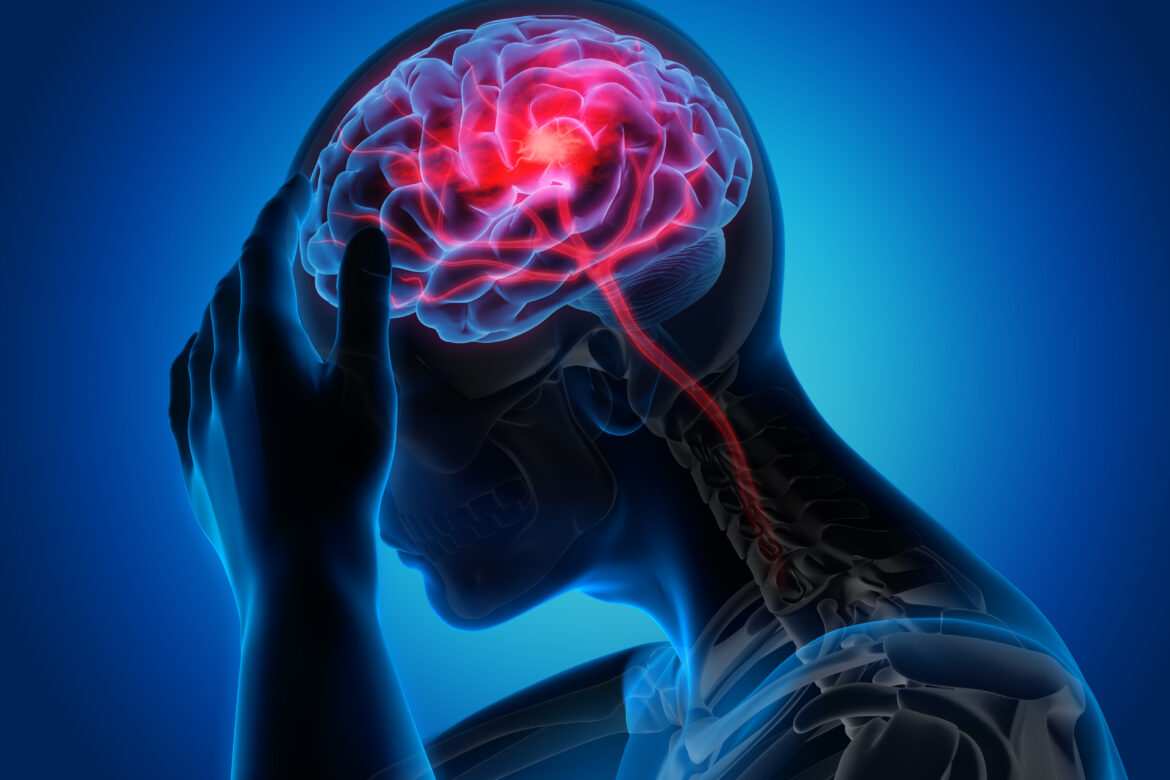The DSM-5 (Diagnostic and Statistical Manual of Mental Disorders, Fifth Edition) includes criteria for Mild Neurocognitive Disorder (NCD) due to Traumatic Brain Injury (TBI), which overlaps with but is distinct from the debated term Post-Concussion Syndrome (PCS).
DSM-5 Criteria for Mild NCD due to TBI
Mild Neurocognitive Disorder due to TBI is diagnosed when there is evidence of cognitive decline in one or more cognitive domains (such as memory, attention, or executive function), based on:
- Objective evidence: Standardized cognitive assessments show cognitive decline.
- Subjective reporting: The individual or a knowledgeable informant reports cognitive changes.
For the diagnosis of Mild NCD due to TBI, there must be a history of traumatic brain injury that includes one or more of the following features:
- Loss of consciousness
- Post-traumatic amnesia
- Disorientation or confusion immediately after the event
- Neurological signs, such as neuroimaging showing brain injury, new onset of seizures, or other focal neurological deficits.
In this context, mild cognitive decline does not cause functional dependence but might cause greater effort or compensatory strategies to perform everyday tasks.
Post-Concussion Syndrome (PCS)
Post-Concussion Syndrome (PCS) is a widely discussed but often debated condition, typically following a mild traumatic brain injury (mTBI) or concussion. PCS encompasses a range of physical, cognitive, emotional, and behavioral symptoms that persist beyond the typical recovery period (usually a few weeks to months).
Common symptoms of PCS include:
- Headaches
- Dizziness
- Cognitive difficulties (e.g., memory and attention problems)
- Sleep disturbances
- Fatigue
- Emotional changes such as irritability or depression
PCS remains a controversial diagnosis due to the variability in symptom duration and severity, as well as the lack of consistent diagnostic criteria across different medical and psychological disciplines.
Comparison between DSM-5 Mild NCD and Post-Concussion Syndrome
- Symptom specificity:
- Mild NCD due to TBI specifically emphasizes cognitive decline, with neurocognitive impairment being central to the diagnosis.
- PCS includes a broader range of symptoms—physical, cognitive, emotional, and behavioral—not limited to cognitive deficits.
- Objective criteria:
- DSM-5 requires objective evidence of cognitive decline (e.g., through neuropsychological testing) for Mild NCD due to TBI.
- PCS is diagnosed largely based on subjective symptom reporting and lacks a standardized objective measure, making it more difficult to define consistently.
- Functional impairment:
- In DSM-5, Mild NCD due to TBI is characterized by cognitive decline that does not fully interfere with independence but may require compensatory strategies.
- PCS can be more incapacitating, affecting multiple domains of life, often leading to significant functional impairments in physical, emotional, and cognitive areas.
- Duration:
- The DSM-5 doesn’t specify a fixed duration for cognitive symptoms in Mild NCD due to TBI, though the diagnosis requires symptoms that persist beyond the acute phase of the injury.
- PCS typically refers to symptoms that continue for weeks to months after the concussion, with an emphasis on persistence beyond expected recovery times.
Controversy Surrounding PCS
PCS has been subject to ongoing debate due to its lack of clear biological markers and the difficulty of distinguishing between symptoms caused directly by the brain injury versus psychological factors (such as anxiety or depression). Some researchers argue that the term is too vague and may lead to over-diagnosis, while others advocate for its validity in capturing the chronic and multifaceted consequences of mTBI.
Conclusion
While Mild NCD due to TBI (as outlined in DSM-5) provides a structured framework for identifying cognitive impairments post-TBI, Post-Concussion Syndrome encompasses a broader and more contested set of symptoms. The diagnostic approach to PCS remains debated, with the term sometimes being criticized for its ambiguity and reliance on subjective symptoms, whereas DSM-5’s Mild NCD emphasizes objective cognitive decline.

